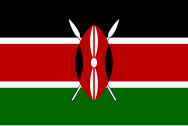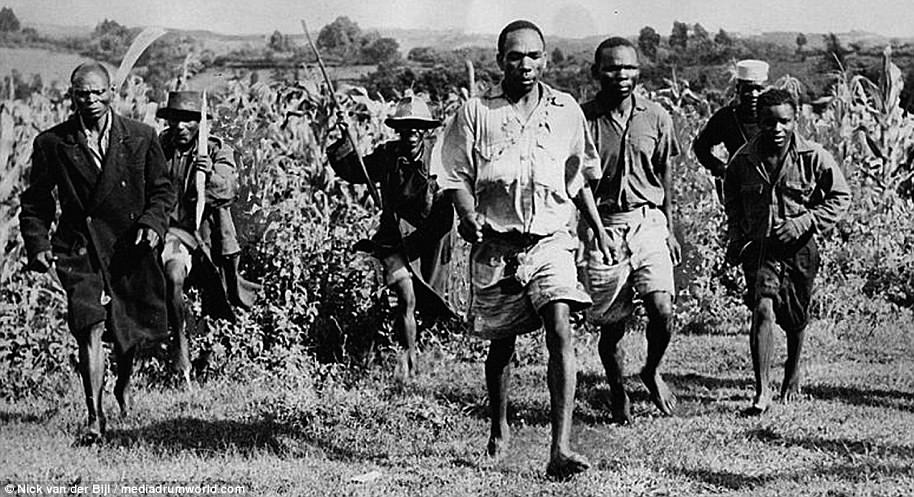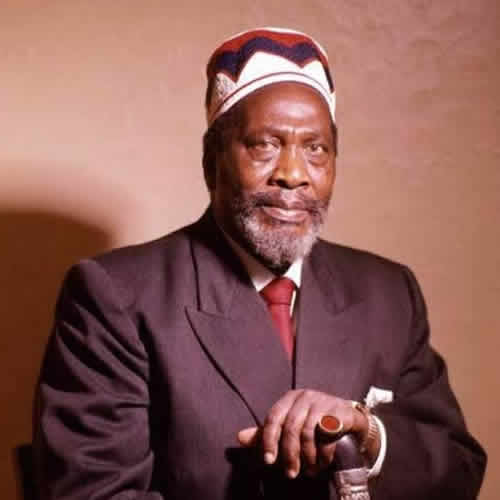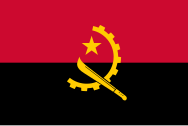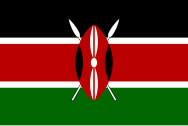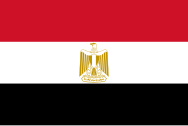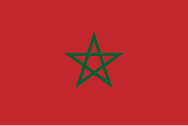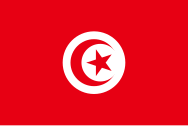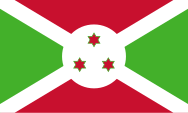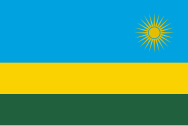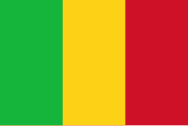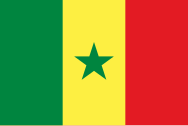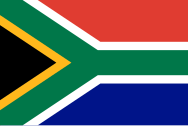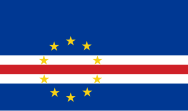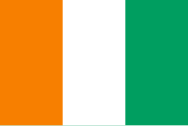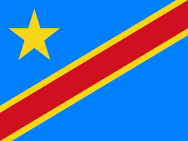Kenya officially the Republic of Kenya (Swahili: Jamhuri ya Kenya), is a country in East Africa. With a population of more than 47.6 million in the 2019 census, Kenya is the 28th-most-populous country in the world and 7th most populous in Africa. Kenya's capital and largest city is Nairobi, while its oldest and second-largest city, is the major port city of Mombasa, situated on Mombasa Island in the Indian Ocean and the surrounding mainland. Mombasa was the capital of the British East Africa Protectorate, which included most of what is now Kenya and southwestern Somalia, from 1889 to 1907. Other important cities include Kisumu and Nakuru. Kenya is bordered by South Sudan to the northwest, Ethiopia to the north, Somalia to the east, Uganda to the west, Tanzania to the south, and the Indian Ocean to the southeast.
Kenya's geography, climate and population vary widely, ranging from cold snow-capped mountaintops (Batian, Nelion and Point Lenana on Mount Kenya) with vast surrounding forests, wildlife and fertile agricultural regions to temperate climates in western and rift valley counties and further on to dry less fertile arid and semi-arid areas and absolute deserts (Chalbi Desert and Nyiri Desert).
Kenya's earliest inhabitants were hunter-gatherers, like the present-day Hadza people. According to archaeological dating of associated artifacts and skeletal material, Cushitic speakers first settled in Kenya's lowlands between 3,200 and 1,300 BC, a phase known as the Lowland Savanna Pastoral Neolithic. Nilotic-speaking pastoralists (ancestral to Kenya's Nilotic speakers) began migrating from present-day South Sudan into Kenya around 500 BC. Bantu people settled at the coast and the interior between 250 BC and 500 AD.
European contact began in 1500 AD with the Portuguese Empire, and effective colonisation of Kenya began in the 19th century during the European exploration of Africa. Modern-day Kenya emerged from a protectorate established by the British Empire in 1895 and the subsequent Kenya Colony, which began in 1920. Numerous disputes between the UK and the colony led to the Mau Mau revolution, which began in 1952, and the declaration of independence in 1963. After independence, Kenya remained a member of the Commonwealth of Nations. The current constitution was adopted in 2010 and replaced the 1963 independence constitution.
Kenya is a presidential representative democratic republic, in which elected officials represent the people and the president is the head of state and government. Kenya is a member of the United Nations, the Commonwealth, World Bank, International Monetary Fund, World Trade Organization, COMESA, International Criminal Court, as well as other international organisations. It is also a major non-NATO ally of the United States. With a GNI of 1,840, Kenya is a lower-middle-income economy. Kenya's economy is the second largest in eastern and central Africa, after Ethiopia, with Nairobi serving as a major regional commercial hub. Agriculture is the largest sector; tea and coffee are traditional cash crops, while fresh flowers are a fast-growing export. The service industry is also a major economic driver, particularly tourism. Kenya is a member of the East African Community trade bloc, though some international trade organisations categorise it as part of the Greater Horn of Africa. Africa is Kenya's largest export market, followed by the European Union.


